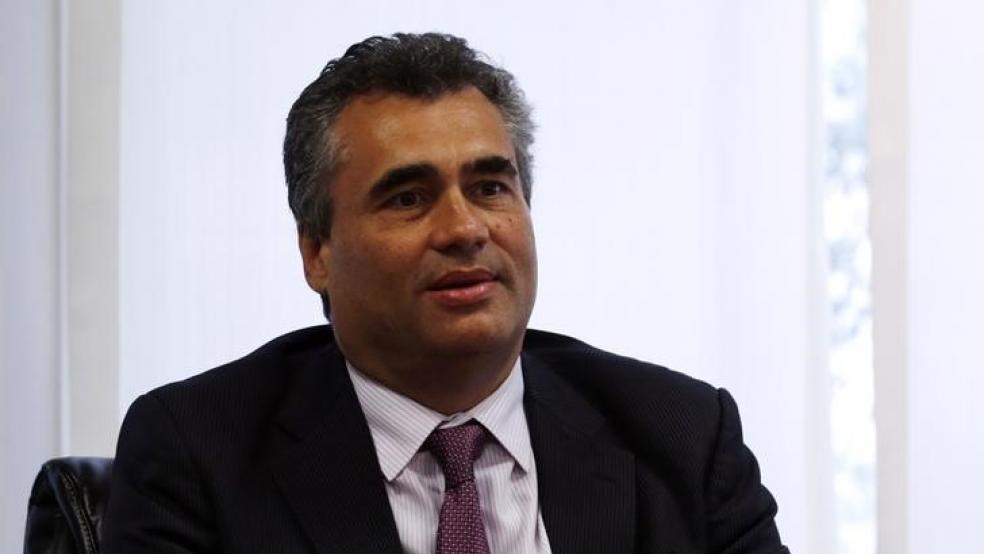BUENOS AIRES (Reuters) - Argentine central bank chief Alejandro Vanoli resigned on Wednesday, opening the way for President-elect Mauricio Macri to press ahead with plans to unwind capital controls and unify the exchange rate.
Macri's promise to liberalize Latin America's third biggest economy set him on a collision course with Vanoli, a trusted ally of the South American country's outgoing leftist leader, Cristina Fernandez, who believes in heavy state controls.Macri urged Vanoli to quit immediately after he won the Nov. 22 run-off election, saying he would install respected economist and congressman Federico Sturzenegger once Vanoli vacated the seat. A central bank source said Fernandez's government had pressured Vanoli to delay because it did not want to do the incoming government a favor. Vanoli's mandate had been due to end in 2019. Vanoli had criticized Macri's plans to lift capital controls, warning a sharp devaluation would follow. In his resignation letter to Fernandez, Vanoli said previous devaluations in Argentina had led to recession, spiraling inflation and a rise in unemployment. "An abrupt currency devaluation is not a path the nation's economy should follow," Vanoli wrote in the six-page letter. "If the president-elect forces a violent devaluation, it will only be because of his policy decisions."During campaigning, Macri countered similar barbs from Fernandez' Front for Victory party by pointing to the steady weakening of the peso during her eight years in power.The official exchange rateArgentine cenbank chief quits after being pressured by Macri

MARCOS BRINDICCI



